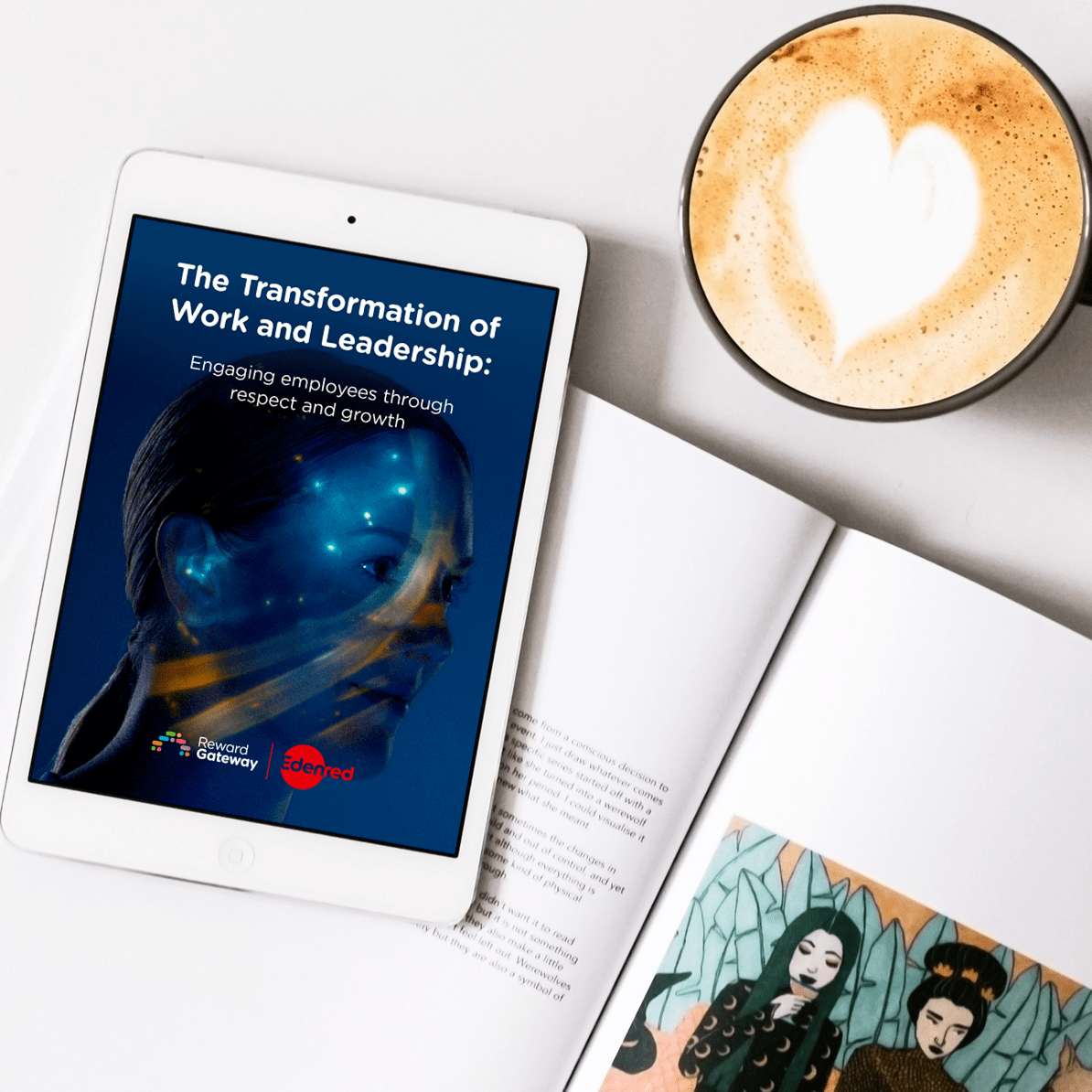EVP is such a broad topic that it can be intimidating to approach. Actual pay figures are important, but EVP stretches far beyond flat pay to address the full employee experience and how we engage our employees throughout every stage of their journey with our organizations. And when we think about EVP, it starts right at the beginning of the employee lifecycle, synonymous with brand reputation and trust.
 Built trust from the ground up
Built trust from the ground up
“Something that we’ve been exploring,” said Alex Ayir, Marketing Director at Wiser, “is from that moment somebody accepts a job until when they join... is how [to] then bucket those people into certain demographics… and then use CRM databases to send regular email updates on the values, on D&I projects, on the team that [they’re] going to be working with. And that's a way you can personalize that journey without having to be manual.”
And although a company’s social media presence is more important now than its ever been, not all potential employees are looking at your company that way.
Millennials and Gen Z workers are likely to look at your company’s LinkedIn, GlassDoor ratings, even a TikTok account, but your older generations are more prone to other evaluation methods.
“If you think about it,” said Debra Corey, Chief Pay it Forward Officer at DebCo HR Ltd and published author, “if you’re in retail, for example, your shopping experience says, ‘Are you going to work there?’ Your signage in your stores, how your employees are treated when you walk through the stores… Your ultimate goal is so that when [people] go and tell their friends, ‘I’m going to work for this company,’ they’re going to be excited and have that brand recognition.”
“When [people] look on our socials and they look on our information on our career site, do they see images that would make sense to them, that they feel connected to,” said Nebel Crowhurst, Chief People Officer at Reward Gateway. “Because if not, we could be alienating a whole generation [or] demographic of people that we should be opening up to, to make sure that we have got truly diverse organizations.”
Measure against company values
Every touchpoint is an opportunity to bring EVP to life. Company values clarify the types of behaviors we expect from people, as well as how we show up in the work that we do and the organizational shared purpose that drives all business activity.
 Wiser’s brand manager created a form for employees to nominate their peers for a shoutout in a weekly email digest sent out each Friday. That email has 97%-98% open rate every week, which demonstrates that Wiser staff are invested in recognizing and appreciating their peers’ hard work.
Wiser’s brand manager created a form for employees to nominate their peers for a shoutout in a weekly email digest sent out each Friday. That email has 97%-98% open rate every week, which demonstrates that Wiser staff are invested in recognizing and appreciating their peers’ hard work.
“Get the values top of mind so that now people are thinking about it, people are recognizing other people within the organization – they’ve demonstrated those values,” Alex said.
The trick to designing a cohesive perks package – or any people initiative – is balancing low-cost, high-impact and timeliness.
Can all employees make use of your perks, or do they only help out some of your workforce? A discounts platform is one example of a perk that meets the trifecta: it doesn’t cost much to put in place, it improves employee economic power by saving them money, and it can be done in very little time.
The power of recognition
There is great debate over the relevance of generation when it comes to recognition because people vary just as greatly within age groups as they do across them. Each generation in the workforce has faced a unique set of challenges that influence their expectations and beliefs – but always remember is that everyone, no matter their age or circumstances, just wants to feel appreciated.
“I think why recognition really has the biggest impact is when you take into account the different types of people you’re working with, when managers pay attention to the people in their team,” Nebel said. “It’s about understanding people, having awareness and utilizing your recognition mechanisms in different guises so that you can meet all those different needs.”
 But on the other side, Debra pointed out that older generations of workers didn’t have the same expectations for recognition in the workplace – there were long-service awards and that was that. Then, over time, alternatives to long-service awards started trickling in, but it remained reserved to the cream of the crop. But in today’s modern business, the rules of the game have changed:
But on the other side, Debra pointed out that older generations of workers didn’t have the same expectations for recognition in the workplace – there were long-service awards and that was that. Then, over time, alternatives to long-service awards started trickling in, but it remained reserved to the cream of the crop. But in today’s modern business, the rules of the game have changed:
In our 2023 Employee Engagement Trends Report, 66% of U.S.-based respondents said their workplace wellbeing would improve if they were simply thanked more often.
“You need to understand where people come from because – if I think about my managers, where it's really challenging to get them to embrace [recognition] – it's because it doesn’t feel natural to them,” Debra said.
Planning for the speed of change
With Gen Z now beginning to enter the workforce, organizations should expect to start seeing Gen Alpha in only a few years. These are generations of people who’ve grown up with instant activity – most people have their own smartphone, if not also a tablet and a computer, and the advent of self-service apps and online portals has created a growing crowd of users who value speed and autonomy in their technology.
Organizations also need to focus on their corporate social responsibilities, which job seekers have been more and more invested in over time – particularly as climate change progresses and social issues rise up around the world.
 And when you have a plan, make sure employees and prospects know about it. Debra said of her time at Merlin Entertainments, “We had [a program] where we would give free tickets to sick children… we rescued seals and other socially conscious initiatives. When we did our employee survey, we realized that our employees didn't even know what we were doing in these areas.”
And when you have a plan, make sure employees and prospects know about it. Debra said of her time at Merlin Entertainments, “We had [a program] where we would give free tickets to sick children… we rescued seals and other socially conscious initiatives. When we did our employee survey, we realized that our employees didn't even know what we were doing in these areas.”
Do you have an age-diverse workforce? Looking for more tips on future-proofing your EVP? Check out this other blog post that covers how to navigate a total rewards strategy that actually works.
Looking for more insights to help take your employee experience to new heights? Schedule a call with a member of our Engagement team.

 Charlotte Neal
Charlotte Neal



